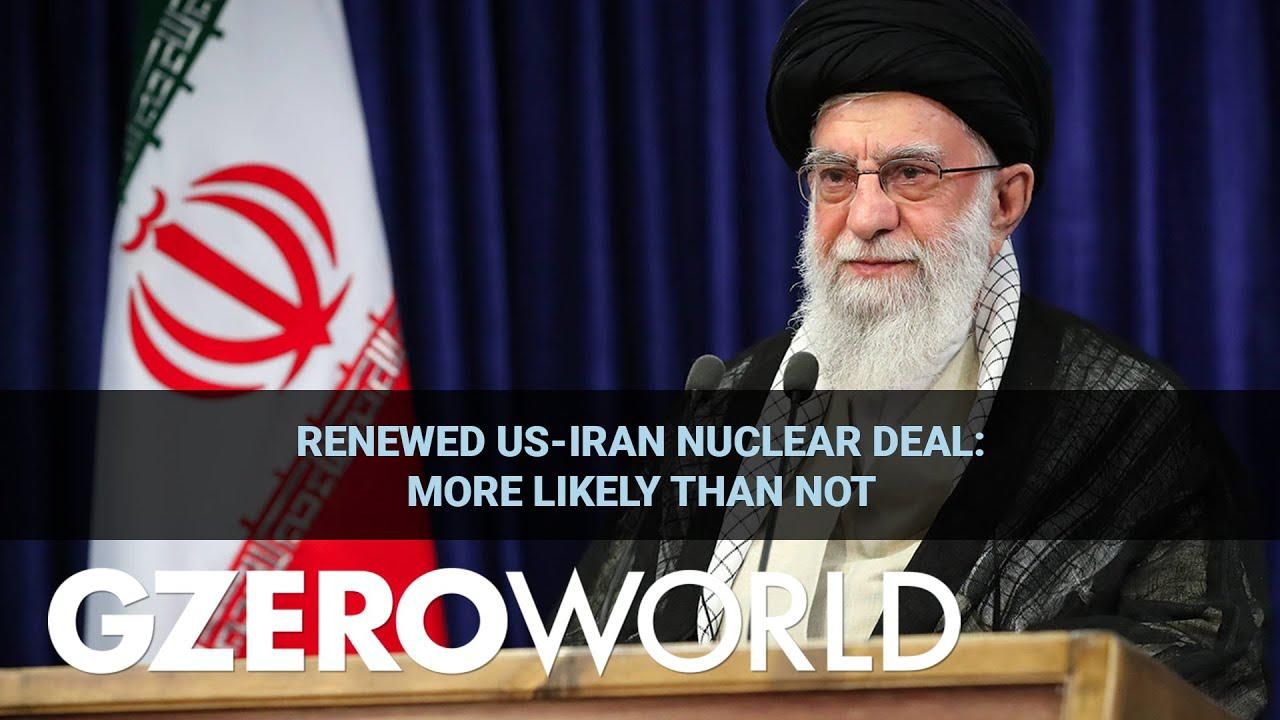GZERO World Clips
Why a renewed US-Iran nuclear deal is more likely than not

Why a Renewed US-Iran Nuclear Deal Is More Likely Than Not | GZERO World with Ian Bremmer

Middle East scholar Vali Nasr, of Johns Hopkins University, is "optimistic" that the US and Iran will re-enter some kind of nuclear deal. "I think the overall logic for both sides is that they want the deal," Nasr tells Ian Bremmer in the latest episode of GZERO World. Why is a new deal in the interest of both sides and what could it look like? Find out on the latest episode of GZERO World, airing on public television stations nationwide starting Friday, March 12. Check local listings.
For China, hitting its annual growth target is as much a political victory as an economic one. It is proof that Beijing can weather slowing global demand, a slumping housing sector, and mounting pressure from Washington.
30,000: The estimated death toll in Iran during the protests at the start of the year, per local health officials, underscoring the scale of the Islamic Republic’s crackdown on its own citizens.
Seventy-eight years after helping found the World Health Organization (WHO), the United States has formally withdrawn from the agency, following through on a pledge President Donald Trump made on his first day back in office.
Mastercard Economic Institute's Outlook 2026 explores the forces redefining global business. Tariffs, technology, and transformation define an adaptive economy for the year ahead. Expect moderate growth amid easing inflation, evolving fiscal policies, and rapid AI adoption, driving productivity. Digital transformation for SMEs and shifts in trade and consumer behavior will shape strategies worldwide. Stay ahead with insights to help navigate complexity and seize emerging opportunities. Learn more here.